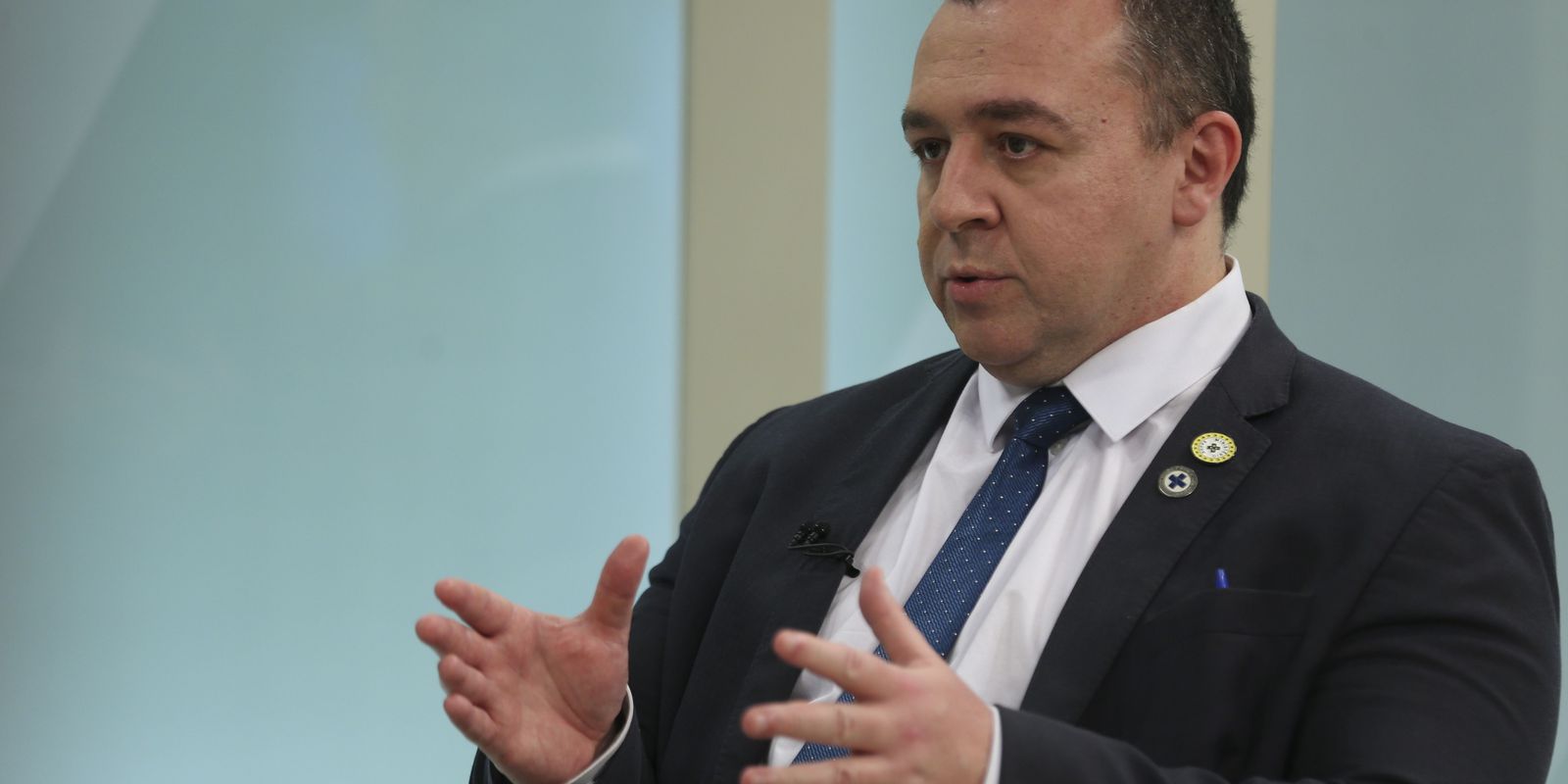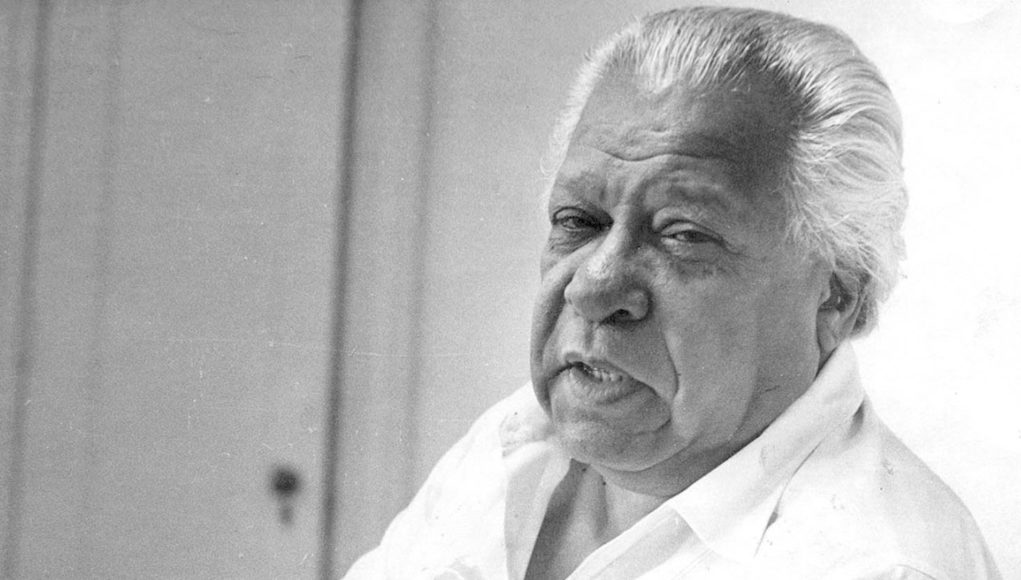Municipalities have until the end of this year to implement seven management indicators in the health area provided for in the Previne Brasil Program. Through the program, municipalities need to meet some performance targets for the services provided to have budgetary supplements in the transfers of the Union. This is in addition to the mandatory destination as determined by the Constitution.
The program was created in 2019, but during the covid-19 pandemic, in 2020. Last year, the Ministry of Health transferred resources without taking into account the management goals, which involve strategic actions such as expanding the opening hours of basic health units, computerization of services and the existence of oral health teams.
This year, municipalities are gradually implementing the indicators, as stated by the secretary of Primary Health Care, Raphael Câmara, in the program Brazil on the agendacommanded by journalist Paulo La Salvia, in TV Brazil.
“In the first four months, two started to be valid, three now in the second. The seven indicators will be included by the end of the year. No municipality will lose 1 real in relation to what it earned, that is, they already have this guarantee, but whoever performs better will receive much more. This is happening in Brazil. Every four months, we evaluate these results, and what we see is that the municipalities have been improving very quickly and, as a result, receiving more resources for the population”, said Câmara.
Another priority for the Primary Health Care Secretariat is the care of pregnant women and those who have just given birth. Obstetrician, Raphael Câmara recalled that the sector has R$ 1.8 billion to invest in expanding the number of gynecologists, obstetricians and teams of health professionals to solve problems such as maternal mortality.
“We are now going to fund a high-risk outpatient clinic for both mothers and babies, which we did not have. We know that this is important, the causes of death in Brazil today are hypertension, hemorrhage and infection, and this is the total focus of our management. You have to be careful, because this causes more than 80%, 90% of the deaths of women in Brazil,” she added.
not yet Brazil on the agenda, Raphael Câmara highlighted the resilience and central role of the Unified Health System (SUS) during the covid-19 pandemic in Brazil. “The population today gives importance to the SUS, they see how much the SUS has saved. About 670,000 people died, yes, but it would be much worse, much worse, if it weren’t for the SUS. So, today, management itself, the population demands it, managers chase these indicators, they want to improve.”
Primary attention
Primary Health Care has 53,000 family health teams, consisting of a doctor, nurse, nursing technician and community workers, in addition to 48,000 basic health units. The area is considered the gateway to the SUS for providing immediate assistance to the population.
The program with the secretary of Primary Health Care, Raphael Câmara, will air this Sunday (10), at 10:30 pm, on TV Brazil.















